Tax
Home » Publications » Economic Policy » Tax
The aim of the research at the CIS is to work towards an efficient and predictable tax system that does not impose too great a burden on the economy.
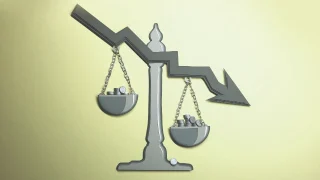
That government expenditure in Australia has grown apace in recent years is well-known. The growth became gargantuan during the coronavirus pandemic. However, to a less dramatic extent, it was happening before the pandemic — and has continued since it ended.
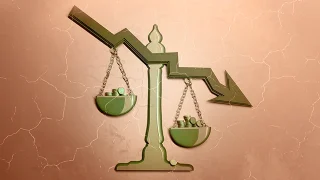
The deficit budgeted for 2024-25, amounting to over $28 billion ($28,000 million), translates to a willingness to borrow and spend over $1,500 per Australian voter to secure an election victory.
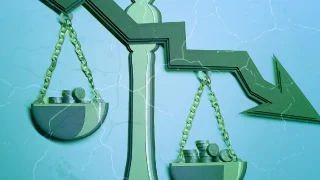
While the focus is usually on income tax paid to the federal government, the reality is that individuals and businesses are constantly paying a wide range of taxes; not only to the federal government but also to state and local governments.
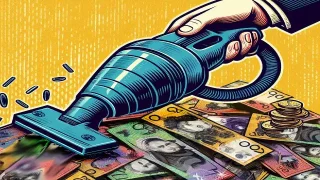
Tax increases are built into Australia’s personal income tax policy by default. In fact, in any year in which the government does not provide tax cuts, pay increases push up (average) tax rates.

Adam Smith, the Scottish philosopher and economist, is one of the most significant figures to have emerged from what came to be known as ‘the Scottish Enlightenment’.

For those on lower incomes, even a small increase in nominal income leads to a larger increase in their overall tax rate.
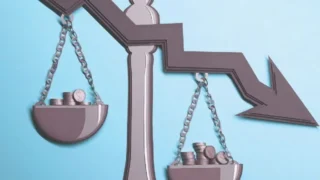
This paper is a further developed version of the author’s submission to the Treasury consultation on the federal government’s Better Targeted Superannuation Concessions proposal.
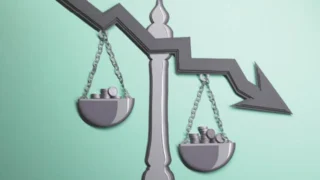
There is a wide-ranging agenda of issues to which this paper aims to make a start by examining past, current and projected levels of federal government expenditure and revenue and highlight where the major shifts are occurring.

The so-called ‘Trussonomics’ of Liz Truss’s short-lived and ill-fated premiership were based on an ignorance of the true discipline of economics, and bore little resemblance to the politics of ‘sound money’ on which the British Conservative party has for decades prided itself.

The increase in debt raises economic policy issues of major concern. It is reducing fiscal flexibility and the capacity of governments to respond effectively to future crises. It may also act as a drag on economic growth in the longer term.

For a policy that is being promoted as good for US businesses, it sure seems like the markets don’t believe it will work quite the way Trump seems to think.

If you’re wondering why this election campaign does not have a clear frontrunner, the lack of convincing economic policies may be the reason.

The Labor government appears to have chosen a cut confined to the lowest rate so that it could stick to its “tax cut for everyone” slogan.
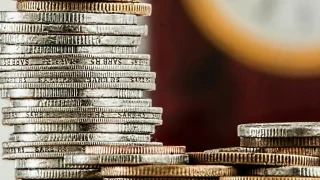
In Australia, bracket creep has become a silent but significant burden on taxpayers, eroding real take-home pay and fuelling the growth of government revenue without explicit consent.

Bracket creep is caused by the inflation and its interaction with our progressive tax system.

There was much sound and fury in Australia, and among our allies, when China introduced trade sanctions on Australia in …

The Treasurer’s announcement that the government remains committed to its terrible super tax changes is unwelcome news for many. The …

Labor’s obsession with negative gearing and capital gains tax changes has reared its head yet again. The latest version has …

As a rule, if you tax something more you will end up with less of it. This is a well-worn …

I would like a dollar for every time I’ve read how much the Australian economy needs tax reform. Sure, it …